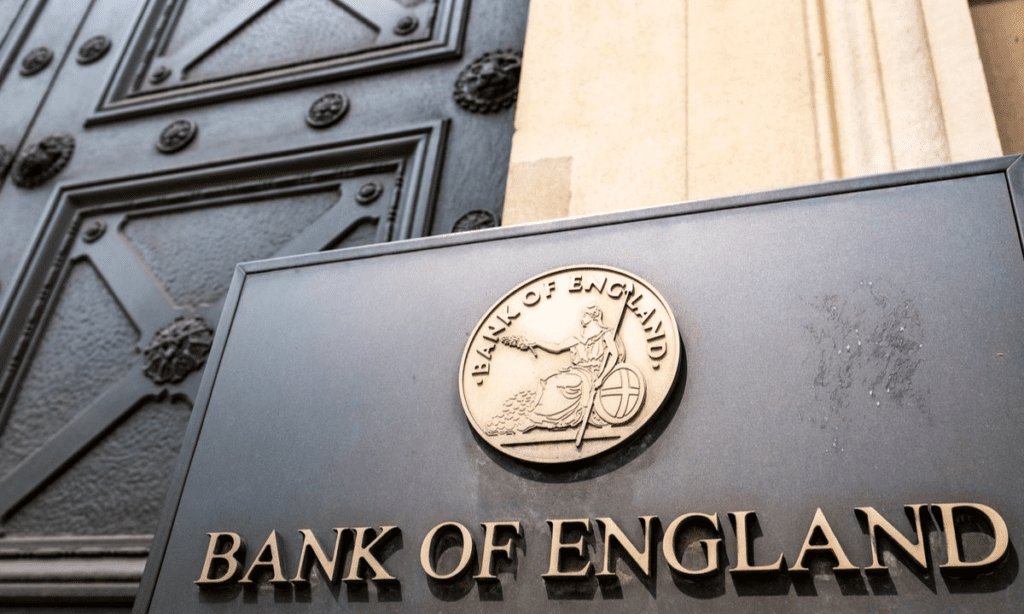Key Points:
- UK’s Bank of England (BoE) and FCA collaborate on regulating systemic stablecoins, gaining support.
- The government responds to consultation, focusing on payment reforms and stablecoin concerns.
- The UK balances consumer protection and crypto industry support through evolving legislation.
The Bank of England (BoE) of the UK is poised to forge ahead with its strategy for a systemic stablecoin framework, according to a recent consultation response, CoinDesk reported.

The response highlights the collaboration between the BoE and the Financial Conduct Authority (FCA) in supervising these stablecoins, a move that garnered positive feedback from stakeholders.
Additionally, support was expressed for extending the accountability framework to encompass systemic stablecoins, ensuring future adaptability.
The document also outlines updates on rulemaking and direction-making powers for the Financial Conduct Authority and Payment Systems Regulator.
It addresses retained EU payments law and signals the Senior Managers & Certification Regime’s remit expansion in relation to payments, coinciding with the broader review of the regime.
In parallel, the UK introduced consultations in the prior year detailing the integration of systemic stablecoins within existing regulations aimed at safeguarding customer funds and sustaining operations.
Some respondents expressed concern over potential conflicts between returning customer funds and ensuring service continuity. The government acknowledges these concerns and pledges continued collaboration with regulators to fine-tune its approach.
Recently, the UK enacted the Financial Services and Markets Act 2023, conferring the BoE with the authority to establish a systemic stablecoin framework.
These stablecoins, designed to emulate the value of conventional assets like fiat currencies, have raised regulatory alarms due to the underlying asset risks and potential financial system implications.
Notably, the volatility in crypto markets has spotlighted stability concerns, with instances like TerraUSD’s sharp value decline shaking investor confidence.
The stablecoin market has also recently welcomed a new entry as payment giant PayPal has launched its stablecoin, PYUSD.
DISCLAIMER: The information on this website is provided as general market commentary and does not constitute investment advice. We encourage you to do your own research before investing.






















